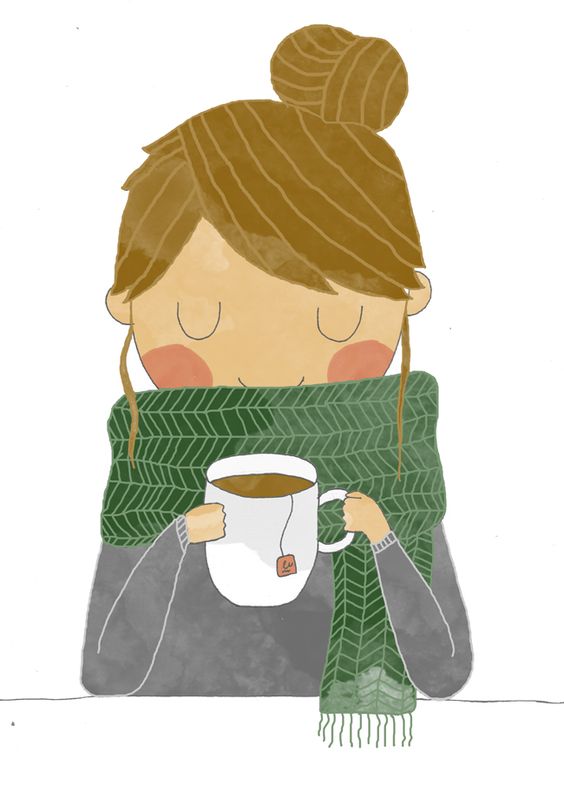The New Year’s confetti has barely been swept away, and yet for some, New Year’s resolutions are already in jeopardy. In the high stress academic environment of McGill, many students may be setting admirable New Year’s resolutions to raise their GPA and build their resumes. However, studies have shown that lofty ideals don’t necessarily lead to self-improvement. Often at the beginning of a new year, people set unrealistic resolutions that leave them feeling overwhelmed, rather than optimistic. Conversely, self-care is likely to decrease stress and improve scholarly performance—but for many students, as assignments begin to mount, leisure time takes a back seat to studying. Focusing on cultivating adequate down time in order to reduce stress and increase academic productivity might actually be better than hibernating in McLennan until April.
Not all stress is bad. When apprehension around schoolwork is controlled, it can be a positive force in a student’s life. Productive academic stress, in which the student views a task as a challenge rather than a threat, can prompt a student to focus and avoid procrastination. However, high levels of unmediated stress often have a detrimental effect on a student’s ability to cope with his or her workload. When students put too much pressure on themselves, they may suffer from decreased concentration and weaker problem-solving abilities. Both of these effects make completing school work more difficult.
Several studies have identified the importance of coping mechanisms in mitigating academic stress. Coping mechanisms are the behaviours, thoughts, and emotions that one uses to adjust to stressors. For instance, humour, physical activity, and relaxation can all serve as coping mechanisms to stress. Students who utilize coping mechanisms are more likely to work at a manageable level of stress for productivity. But how can one manage stress? Terri Phillips, director of the Office for Students with Disabilities (OSD) suggests that above all, students who practice self-care are best equipped to manage stress.
“When coping with any kind of stress, it’s really important to establish and maintain good self-care routines, good sleeping and eating habits, exercise, short but frequent study breaks, mindfulness strategies such as breathing or meditation techniques,” Phillips said.
In addition, psychological literature suggests that one valuable coping mechanism to mediate academic stress is scheduling regular leisure time. When a student takes time out of their day for self-care, they experience leisure satisfaction—the gratifying feeling of meeting one’s own personal needs through leisure activity. According to a study published in the American Journal of Health Studies, leisure activity yielded significant educational benefits as a result of a reduced feeling of academic stress and frustration.
Finding down time can be difficult for the busy student, but even short breaks can be beneficial when used efficiently.
If you have one minute, you can… take a “One-Minute Vacation.” Think of a place that you have been or you would like to visit. The place you imagine should be peaceful and comfortable. It can be as extravagant as the centre of Paris, or as mundane as your local grocery store. For one minute, close your eyes and focus on the details of this place, including sounds or smells. This is an instant mood booster and a great mechanism for coping with stress anywhere.
If you have 30 minutes, you can… take a power nap. The McGill campus has several great on-site napping spots where overtired students can recharge. Not only will a nap leave you feeling well-rested, but napping can also increase productivity. Studies show that a 28-minute nap can improve one’s mood, alertness, and focus.
If you have one hour, you can…visit the McGill Fitness Centre for a drop-in class. The gym offers many commitment-free wellness classes for $3.48 per session, including zumba, spin, or power yoga. It is commonly known that exercise produces endorphins, which boost one’s mood and relieves stress. As an added benefit, there is an increasing body of literature suggesting that physical exercise enhances academic performance.
Despite a student’s best efforts, they may still feel overwhelmed by academic stress. As Phillips pointed out, students should reach out for help early before they find themselves in a crisis situation. Campus services are available to help students through a difficult period, including the OSD, Counselling and Mental Health Services, and peer-based services such as Nightline and the Peer Support Centre.








